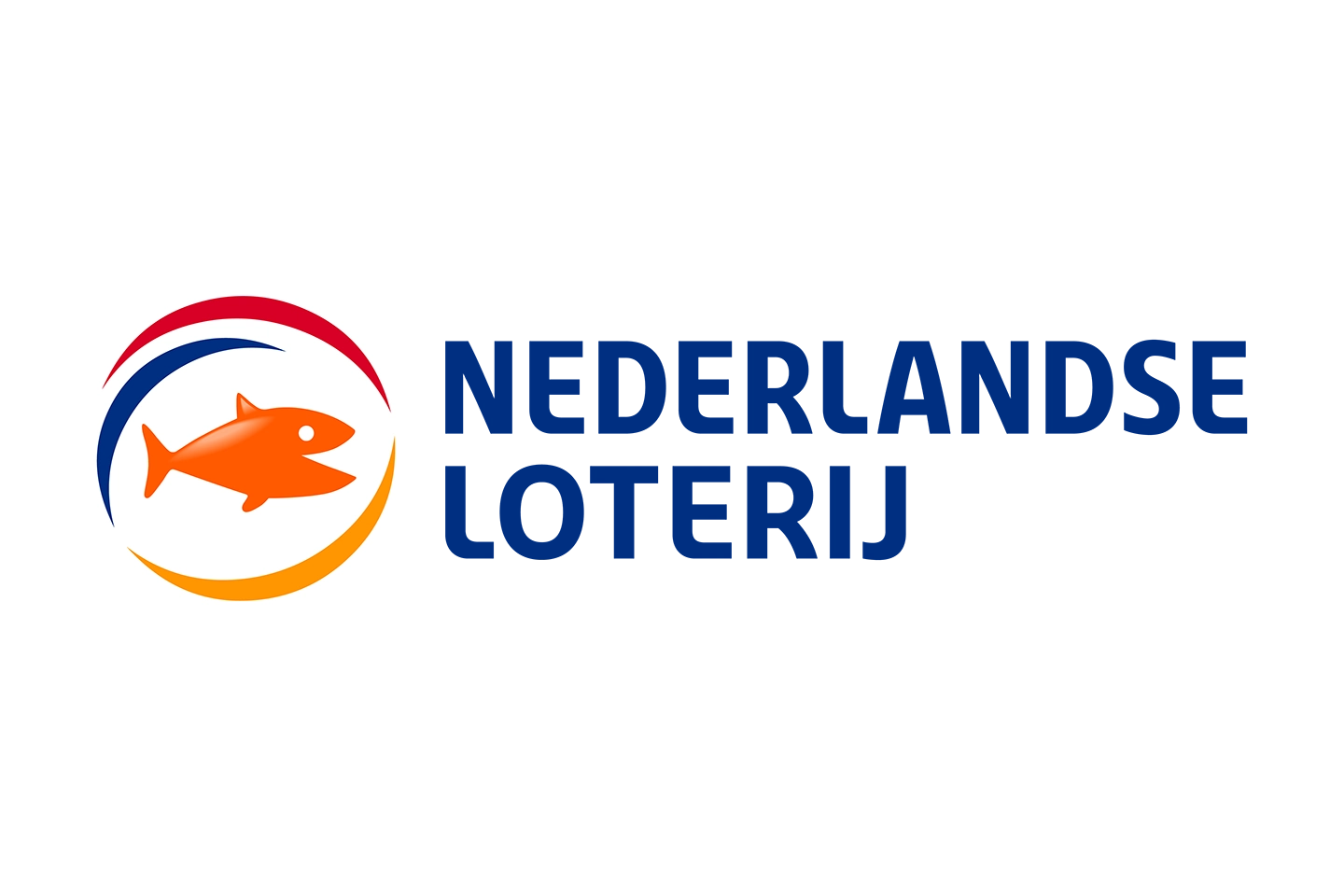The Dutch state lottery, a, is the largest lottery and gaming organization in the Netherlands, which contributes to numerous sports associations, and charities in fields of health, exercise and wellbeing.
Arjan Heijne, is Head of Trading at the Lottery, and leads the TOTO sportsbook team (both online and retail) and is responsible for commercial performance as well as the development and execution of risk management policies.
Mirjam de Jaeger, Director of Customer Control and Finance Operations, is responsible for developing and implementing strategies to optimize payment processing and to combat money laundering and fraud.
In the following interview, they discuss the sports betting market in The Netherlands, and the work they do with diverse stakeholders, including ULIS, to combat match fixing and maintain sports integrity.


Online sports betting is very popular, which sports and types of betting does Nederlandse Loterij offer?
Arjan Heijne: The most popular sports at TOTO Sport, the online sports betting brand of Nederlandse Loterij, are football, tennis, basketball, and darts.
In 2024, we offered no less than 48 different sports, partly thanks to the Olympic Games. The number of available betting options varies greatly per sport. In football, for example, players can choose from over 250 betting options, ranging from the classic match outcome to the number of shots on goal by a specific player. During an average sports week, we offer around 6,300 unique matches. In addition to this regular offering, TOTO’s traders develop special bets on a daily basis that are exclusively available to our players.
TOTO Sport applies a strict pre-selection process when offering sports bets. We do not offer bets on amateur competitions, as amateurs are generally unpaid or only receive limited compensation, which makes them vulnerable to match-fixing. We also do not offer bets on matches that are not overseen by sports federations or where the organizer is unclear. Furthermore, we investigate whether any incidents have occurred in the past. Based on this assessment, TOTO decides whether a particular sport and/or competition will be included in the offering. This strict pre-selection ensures an integrity-driven sports betting portfolio.
What is the situation with match fixing in Europe and specifically The Netherlands, and how does it affect your lottery?
Mirjam de Jaeger: TOTO – established by the Royal Dutch Football Association KNVB to combat illegal football pools – has been offering sports betting since 1957 and is part of Nederlandse Loterij. We implement the Dutch government’s gambling policy, with our primary task being the organization of a responsible and reliable gaming offering. Consumer protection, the prevention of gambling addiction, and the fight against fraud and crime are central to this mission.
Athletes, fans, and participants in sports betting must be able to trust in the fair, transparent, and honest conduct of both sports and sports betting. Match-fixing and fraud in any form are criminal activities that bring disrepute to sports. Without clean and fair sport, there can be no responsible sports betting offering. That is why TOTO is committed to preventing match-fixing.
TOTO is a member of the National Platform for Match-Fixing and United Lotteries for Integrity in Sports (ULIS). We report irregularities to FIFA, UEFA, the IOC, or the relevant national sports federations and gambling authorities. TOTO also conducts additional monitoring in response to signals from the platform and ULIS, the Sports Betting Intelligence Unit (SBIU) of The Netherlands Gambling Authority, the Dutch Financial Intelligence Unit (FIU-Nederland), and the Match-Fixing Information Coordinator.
Investigation, evidence gathering, and the fight against match-fixing are the responsibilities of the authorities and sports organizations. TOTO does not possess evidence of match-fixing itself, but we can detect abnormal betting behaviour – which may be an indication of match-fixing – through our systems. Note, however, that an irregular betting pattern does not always indicate match-fixing.
All placed bets are monitored 24 hours a day. If anomalies occur – such as an unexpectedly high number of bets – our systems trigger alerts and intervention can follow, for example by suspending the betting market.
Detection
Recently, the Netherlands Public Prosecution Service ceased its active efforts to investigate match-fixing. The KNVB, KNLTB (Dutch tennis federation), and NOC*NSF (Dutch Olympic committee) have expressed deep disappointment at this decision, as has Nederlandse Loterij, of which TOTO is a part. The sports sector and sports betting providers lack investigative authority and are therefore dependent on the Public Prosecution Service. Investigations remain necessary, particularly since neighbouring countries continue to prosecute match-fixing cases. For this reason, all involved organizations support the creation of an independent integrity centre and accompanying legislation to enable better information sharing and more effective follow-up on signals.
Elite Athletes
TOTO currently compares public sources (such as team rosters) with its player database. If a player is also an elite athlete, that person is flagged as such. Sports federations are generally not allowed to share member information – including data on elite athletes – with sports betting providers. We are currently working with the KNVB to find a solution that does not rely solely on public sources.
Elite athletes are allowed to participate in sports betting, but they are not permitted to bet on their own matches or those in their own competition. If an elite athlete places a bet on their own match or league, we report this to the SBIU of The Netherlands Gambling Authority and FIU-Nederland. Additionally, the bet is cancelled.
Campaign
The Dutch Centre for Safe Sport (Centrum Veilige Sport Nederland – CVSN), NOC*NSF, the Ministry of Health, Welfare and Sport (VWS), and more than ten Dutch sports federations have joined forces for the campaign “Match-fixing? No Chance!” This campaign raises awareness among (elite) athletes about the dangers of match-fixing and its threat to fair and clean sport.
What are some of the key challenges you face in combating these issues?
Mirjam de Jaeger: If an elite athlete places a bet on their own match or on a match within their own competition, we would want to report this immediately to the relevant sports organizations and federations. This would allow them to safeguard the integrity of sport and take appropriate measures. However, privacy regulations and the Dutch Anti-Money Laundering and Anti-Terrorist Financing Act (Wwft) currently do not permit the sharing of personal data.
TOTO therefore advocates for an amendment to this legislation, so that we can report such incidents to sports organizations and cross-check our player database with the federations’ lists of elite athletes.
How does ULIS support the regulated lottery and sports betting industry? Why did your organization become a ULIS member? How do you contribute to the ULIS network?
Arjan Heijne: For TOTO, ULIS is especially valuable as an international monitoring system that maps irregular movements in odds. Since ULIS operates based on the odds from dozens of regulated operators, it provides us with an additional alert mechanism alongside our own risk analysis. When ULIS issues a notification, we can assess whether the deviation can be logically explained or whether it may indicate an integrity risk. It helps us focus more precisely on matches where something suspicious may be happening, and is therefore a useful addition to our internal processes.
We have been involved with what is now ULIS from the very beginning. When the network was still known as GLMS, we were already a member. Even before that we worked with other national lotteries offering sports betting through a collaboration known as Matchinfo. This partnership, in which we exchanged information on odds and alerts, laid the foundation for the creation of GLMS.
For us, cooperation with other regulated operators has always been a logical step. By sharing knowledge, data, and insights, we help one another and are better able to recognize and manage risks. We believe we are stronger together than alone. Our membership in ULIS therefore aligns with our conviction that integrity in sports betting must be safeguarded through a joint and transparent approach among trustworthy parties.
We contribute to the ULIS network by sharing relevant information that can help better understand odds movements. If we detect anything unusual in our sportsbook or possess contextual information about a specific match, we actively share it with ULIS. This could include team news, injuries, or other circumstances that influence odds. Similarly, when ULIS highlights a match based on odds patterns, we provide input whenever we have something to contribute.
We also respond to information requests from ULIS or from other members seeking additional context. When it involves Dutch competitions or teams, we often take a proactive role to ensure the network is informed quickly and thoroughly. In addition to sharing substantive information, we also participate in working groups and meetings where knowledge and experiences are exchanged. By actively contributing to the network, we help not only to flag potential risks but also to further develop methods and processes to protect the integrity of sports betting. For us, it is important not only to receive, but also to add value to the network as a whole.
ULIS is an important advisor for us, but we always take responsibility ourselves. Every member within the ULIS network operates within its own legal framework and national regulations.
What, if any other assistance could ULIS provide its members?
Arjan Heijne: With the introduction of the new One Stop Platform, ULIS has clearly taken a step in the right direction. At the same time, it is important to recognize that each member operates within its own legal framework and has its own operational boundaries and needs. In our case, for example, we are not allowed to offer betting options on cards, throw-ins, or corners. When integrity issues are identified specifically with these types of bets, it does affect the rating ULIS assigns to a competition. We understand this, but for us, that impact is less relevant. Providing an explanation alongside such a rating would offer more clarity and help all members better interpret it.
In addition, we see great value in sharing experiences regarding compliance requirements. This is naturally of great importance to us. We have also observed that other members – such as Danske Spil, Svenska Spel, Norsk Tipping, and Veikkaus – face similar questions. We regularly speak with each other to exchange insights. ULIS could take on a facilitating role in this and help structure or expand this kind of knowledge sharing among members.
In this way, ULIS can become not only a warning system, but also a leading knowledge platform within the regulated sports betting market.
Further remarks
Mirjam de Jaeger: We also consider prevention to be important. That is why TOTO organizes informational sessions for professional football club squads to openly discuss the risks associated with gambling, including the topic of match-fixing. In addition, we hold sessions for the KNVB and NOC*NSF to inform them about our approach to match-fixing and responsible gambling.
Since October 2020, the KNVB and Nederlandse Loterij (of which TOTO is a part) have maintained the code of conduct ‘Play Responsible’ to ensure fair, transparent, and honest football and sports betting. This code includes agreements on how to address match-fixing.
About
Media inquiries
Legal notice
This pop-up contains legal information about this website.
This content is the property of the World Lottery Association (WLA). It may not be transferred
from the custody or control of the WLA except as authorized in writing by an officer of the WLA.
Neither this document, nor the information it contains, may be used, transferred, reproduced,
published, or disclosed, in whole or in part, either directly or indirectly, except as expressly
authorized by an officer of the WLA, pursuant to written agreement.
The WLA Website has been designed to provide information to the lottery community. The World Lottery Association has used great efforts to provide accurate and up-to-date information. However, WLA excludes any warranty, whether express or implied, for any information provided under these pages. WLA cannot be held responsible for any action taken that is based on the information hereunder.
The WLA Website also contains third party information. Such information is, wherever practically possible, marked with the name of the source and does not necessarily represent the opinion of the World Lottery Association. WLA does not take any responsibility whatsoever for such third party information.
The WLA Website also contains links to other Internet sites. WLA does not have any knowledge of the information contained in such other sites, nor has WLA been able to include such other sites in its efforts to provide accurate information. WLA therefore does not take any responsibility whatsoever for such third party information.
All rights reserved except where indicated.













